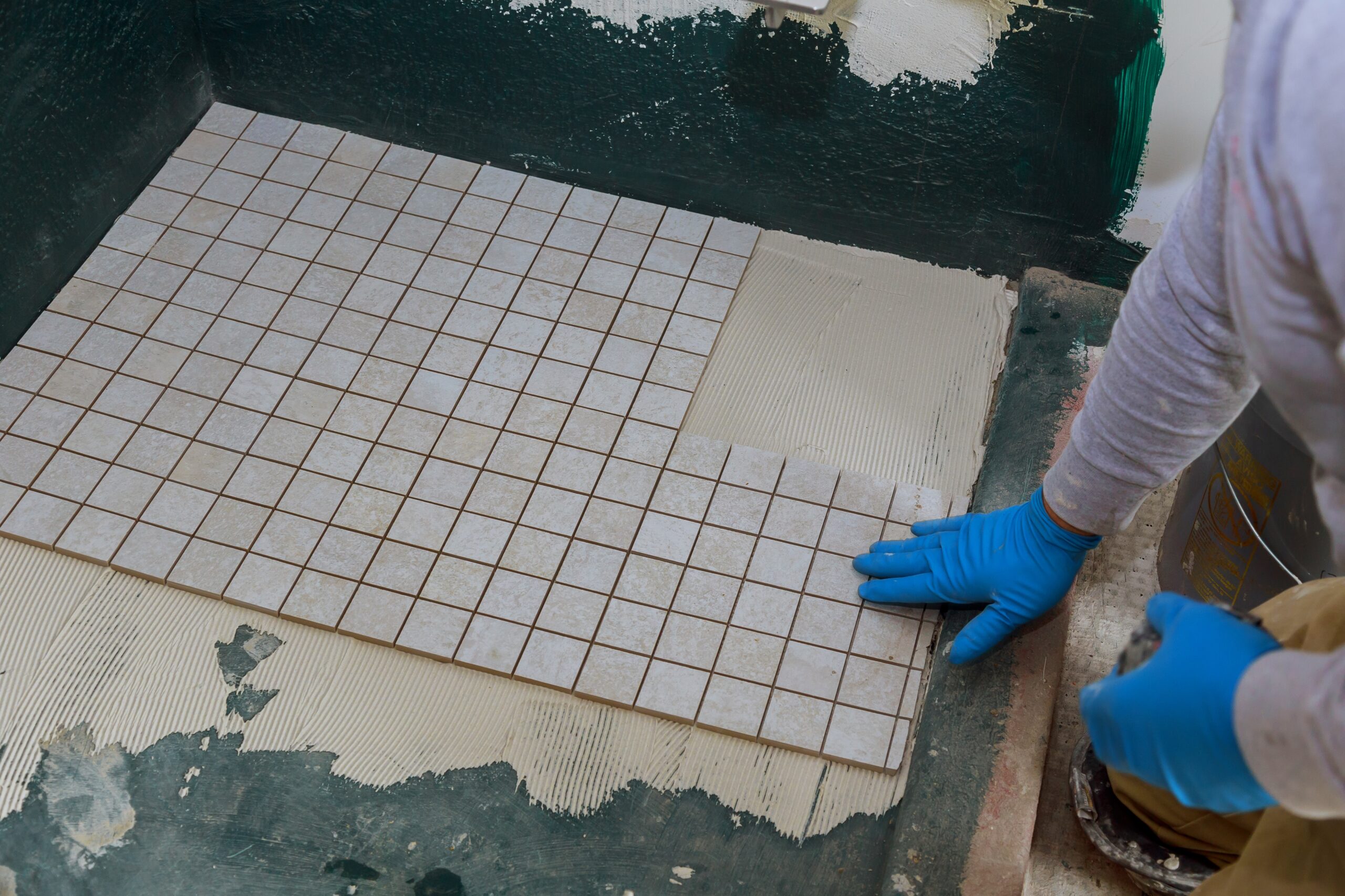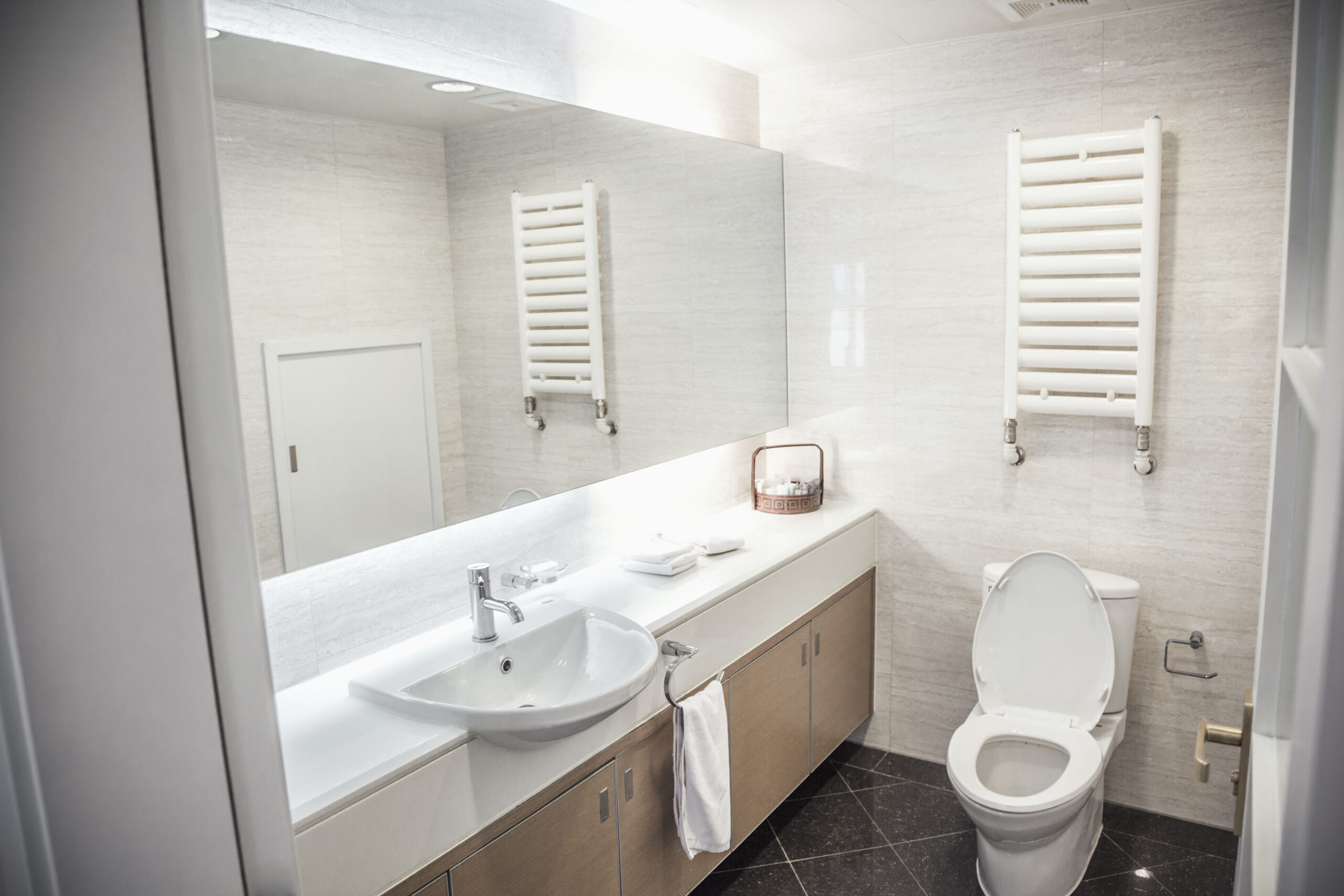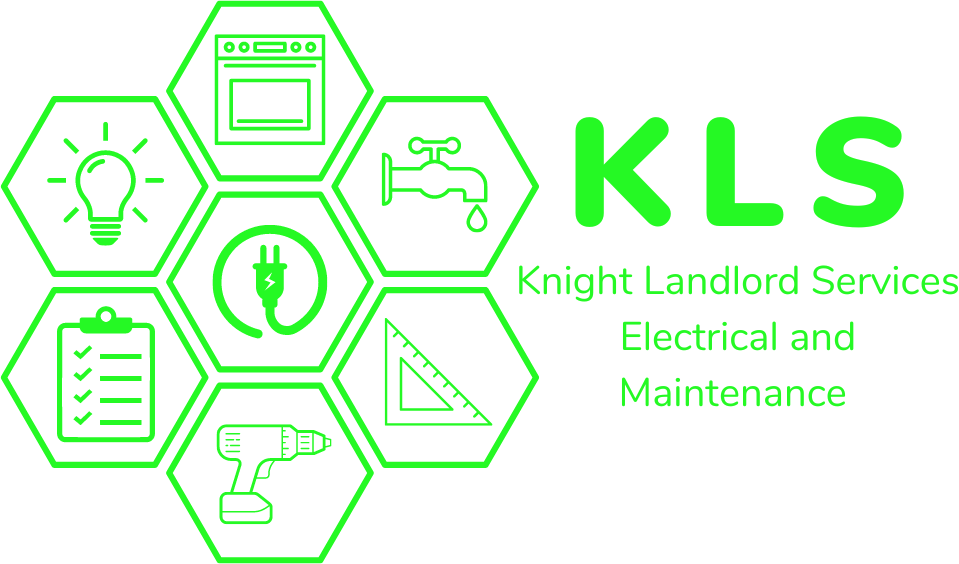Thinking about giving your bathroom a fresh look? One of the first decisions you’ll face is whether to take on the job yourself or bring in a pro. Both options have their pros and cons, and what works for one person might not suit another. Budget, time, skill level, and how much disruption you can handle all play a part. This guide breaks down the key differences between DIY vs professional bathroom installation, so you can figure out which route makes more sense for your situation, without getting lost in jargon or guesswork.
Cost Considerations
Money is often the first thing people think about when planning a bathroom project. Doing it yourself might seem like the cheaper route at first. You won’t have to pay for labour, and you can spread out your spending over time. Buying materials as needed can feel more manageable than handing over one big payment.
But there’s more to it than just skipping labour costs. Mistakes can happen easily if you’re not used to plumbing or tiling. A small leak or misstep with waterproofing might not show up right away but could lead to major repairs later on. Fixing these problems usually costs much more than doing it right the first time.
Hiring a professional means paying more from the start, but that fee includes their experience and tools. They know how to handle issues before they grow into bigger ones. A builder or installer will also be faster, which means less disruption in your home. Some even offer guarantees on their workmanship, which adds peace of mind if something goes wrong after the job is done.
There’s also value in knowing what you’ll spend upfront. With a contractor, you get a quote that covers most of the job, so there are fewer surprises along the way. When going solo, unexpected purchases pop up often, extra tiles, new fittings or tools you didn’t realise you’d need.
The choice between DIY vs professional bathroom installation depends on what you’re willing to risk and how confident you feel about managing each step of the process without help from someone trained in this kind of job. While DIY may look cheaper at first glance, hidden expenses can add up quickly if problems come up during or after fitting everything into place.

Time and Effort Required
Doing a bathroom install on your own takes a lot of time. Even small tasks like removing old tiles or fitting pipes can stretch over several days if you’re not used to it. If you’re learning each step from scratch, progress will be slow. You’ll likely spend extra hours watching tutorials, reading guides, or making trips to the shop for tools and parts. Mistakes can also add more time. A wrong cut or poorly fitted pipe might mean starting again. Fixing errors often takes longer than doing the job right the first time. It’s easy to underestimate how long things take when you don’t do them regularly.
Hiring a tradesperson usually means quicker results. They already know what needs doing and in what order. Their experience helps them avoid common problems that slow things down for beginners. Most professionals can finish the full job in a few days, depending on size and layout. There’s also less disruption when someone else handles it all. You won’t need to give up weekends or evenings trying to get everything done bit by bit. Daily routines stay more normal because pros usually stick to clear working hours and clean up at the end of each day.
With DIY vs professional bathroom installation, your own time becomes part of the cost when going solo. Time spent researching, buying supplies, fixing issues—all that adds up quickly even before counting physical effort. Energy is another factor people don’t always consider early on. Lifting heavy items, bending down constantly, or dealing with mess can be tiring if you’re not used to manual jobs like this regularly.
Choosing between doing it yourself or hiring help often comes down to how much free time you have, and how much of it you’re willing to use for plumbing, tiling, and fitting instead of rest or other plans.
DIY vs Professional Bathroom Installation
Skill plays a big part when choosing how to go about fitting a bathroom. If you’ve done some home projects before, you might feel ready to handle certain parts of the job. Simple tasks like painting or putting together flat-pack furniture can be manageable for many people. But once pipes or wires get involved, things change quickly. Plumbing and electrical jobs often need more than just patience. They require training and experience. For example, connecting water lines or installing sockets involves safety rules that must be followed. A mistake with plumbing can lead to leaks behind walls or under floors. Electrical errors might cause power cuts or worse, safety risks that aren’t worth taking.
Many people enjoy doing things on their own because it saves money and gives them control over the process. Watching online videos or reading guides helps build confidence too. Still, even with good instructions, some steps may not go as planned if tools slip or measurements don’t match up.
Hiring a trained installer means you’re getting someone who deals with these jobs every day. They know building codes and understand how systems connect inside homes. This often leads to fewer problems later on and less chance of needing repairs soon after finishing the project. Think about your current skills before starting anything large-scale in your bathroom space. If you’re unsure about handling wires or water connections safely, it’s better to speak with someone who knows what they’re doing.
The choice between DIY vs professional bathroom installation depends heavily on what you’re comfortable tackling yourself versus what needs expert hands to meet proper standards.

Quality and Long-Term Reliability
When it comes to how long your bathroom lasts and how well it works over time, the way it’s installed matters a lot. A professional job often brings stronger results. Tradespeople follow rules, use proper tools, and know how to spot small issues before they grow into big ones. Their experience helps avoid common problems like leaks, poor drainage or loose tiles.
Doing it yourself can feel rewarding. You get control over each step and might save money at first. But without training or expert knowledge, mistakes can happen easily. A wrongly sealed tap or uneven floor might not seem like much now but could lead to water damage later on. Fixing those kinds of problems after the fact often costs more than hiring someone from the start.
Another thing to think about is warranty cover. Professional services usually include some type of guarantee for their labour as well as the materials used. That means if something goes wrong within a set time, you’re not paying again to fix it. DIY projects rarely come with that kind of backup unless you’ve bought special parts with individual warranties.
There’s also a difference in finish quality between DIY vs professional bathroom installation jobs. Experts tend to leave cleaner lines, better joins and smoother surfaces because they do this every day. While a personal project might look fine at first glance, closer inspection could show gaps or uneven fittings that affect use over time.
A bathroom gets used daily by everyone in the house, so even small flaws can become annoying fast. Loose taps, blocked drains or cracked sealant often appear when shortcuts were taken during fitting-out stages.
Choosing who installs your bathroom affects how well everything holds up down the line, from water flow to tile edges staying put under pressure for years ahead.
Finding the Right Fit for Your Bathroom Project
When it comes to transforming your bathroom, there’s no one-size-fits-all answer. Choosing between DIY vs professional bathroom installation depends on your budget, available time, skill level, and how much you value long-term reliability. While a DIY approach can save money and offer a sense of achievement, it often requires significant effort and may lack the polished finish that professionals provide. On the other hand, hiring experts ensures quality workmanship but comes at a higher cost. Weighing up these factors will help you make the choice that best suits your needs, and gets you closer to your dream bathroom.


